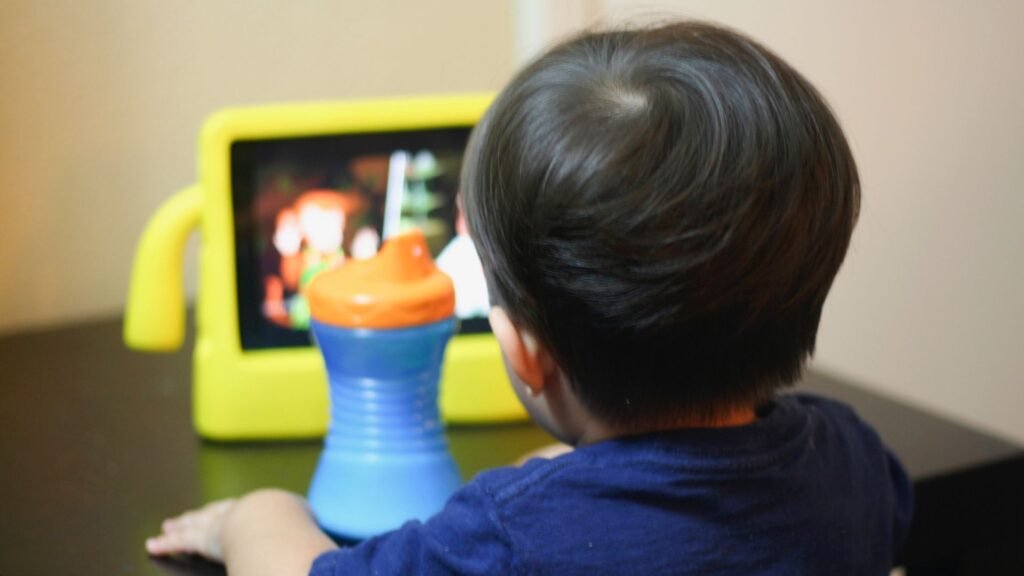Healthy Sleep Habits
Sleep is essential for the healthy development of children, especially during the early years of life. Establishing good sleep habits early on not only helps children rest better but also promotes their long-term physical and emotional well-being. Here are some practical tips for fostering healthy sleep habits both at home and in your educational center. I hope you find them helpful!
Establish a consistent routine
Young children thrive on routine, especially when it comes to bedtime. Creating a routine will help them feel secure and allow them to anticipate each moment. You can include relaxing activities such as a warm bath, reading a story, preparing the sleep space together, or singing a lullaby. By repeating these activities in the same order and at the same time every day, your children will learn to associate them with sleep, making bedtime more pleasant and natural over time.

Limit screen exposure
Encourage physical activity during the day
Children who stay active during the day usually sleep better at night. Make sure your child has plenty of time to play outdoors and participate in physical activities. However, avoid intense physical activity close to bedtime, as it could overstimulate them and make it harder for them to fall asleep.
Be patient with transitions
Children under 5 years old go through several sleep transitions, such as moving from a crib to a bed or reducing the number of naps. These transitions can be challenging, and it’s important to be patient. Stay calm and continue applying the sleep routines and healthy habits while your little one adjusts to these changes.
Listen to their needs
Each child is different, and what works for one may not work for another. It is important to be attentive to your child’s sleep cues and adjust the routine according to their individual needs. If your child shows signs of tiredness earlier, consider adjusting bedtime if possible.


What should I do if they are scared?
If your child is scared at bedtime, it’s important to address it with sensitivity and understanding. Take the time to talk about what scares them and listen to their concerns without minimizing them. Sometimes, simply talking about fears can make them feel less intense. Remind your child that they are safe in their room and that you are nearby. You can make their environment as comforting as possible, including using a soft night light if they fear the dark, a comforting stuffed animal or blanket, or even creating a small “nightmare-prevention” routine by spraying a pleasant scent around the room together.
Try not to reinforce their fears by allowing them to stay awake or sleep with you if it’s not part of the usual routine. Instead, stay with them in their room for a while until they feel more calm.
If fears persist and significantly affect your child’s sleep or overall well-being, it may be helpful to consult a pediatrician or a child development specialist (such as teachers or psychologists) for additional guidance. Remember that night time fears are common in young children, and with time, support, and understanding, your child is likely to overcome them.

